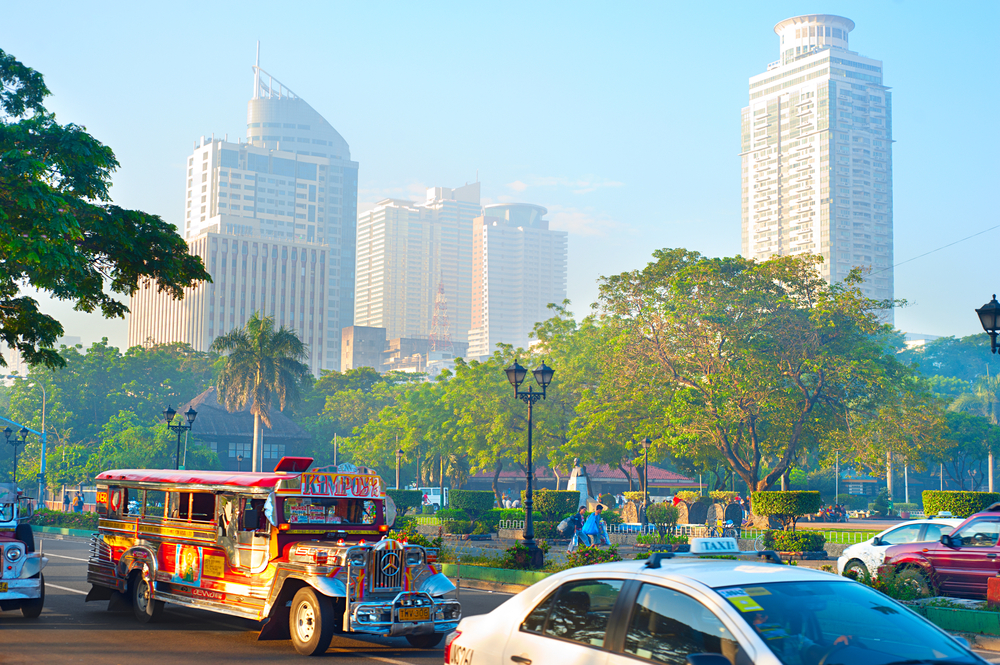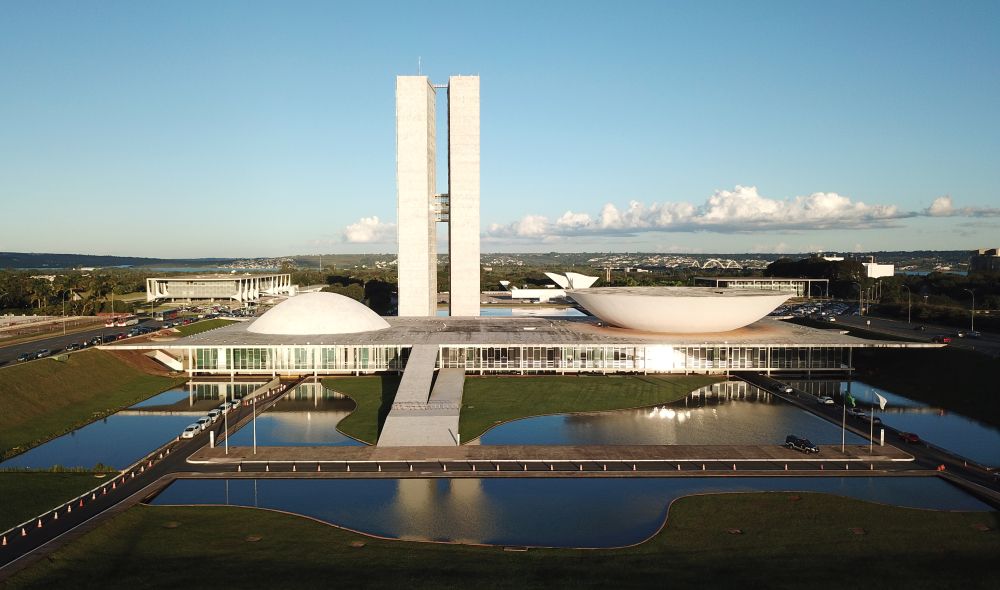Asia’s unsustainable capitals prompt governments to consider relocation
The current situation in urban cities are forcing governments to consider moving out of town

Overpopulation, human-degradation, poor city planning, and wealth inequality are causing serious problems for the world’s mega cities, especially in the Asia-Pacific region. While the region’s biggest urban centres begin to feel the weight of their unsustainable growth, policymakers are forced to ask: is it better to fix this city or start a new one? For a number of them, the answer is the latter.
Moving a country’s capital carries obvious upside and a fresh start, but that vision can sometimes lose touch with the real-world issues residents care about, like equitable standards of living. Brasilia, the relocated capital of Brazil, for instance, was meant to be a modern utopia for the rich and poor, but it quickly became a place where few people could afford to live.
Nevertheless, a handful of Asian countries, such as the Philippines, are rolling out plans for “back-up” cities to safeguard against natural disasters, while others like Indonesia and South Korea are looking into eventually moving their capitals entirely. These developments are viewed as a chance for governments to start fresh, avoiding the seemingly irreversible problems faced in unsustainable urban centres.

Take New Clark City in the Philippines. Located 100 kilometres from the capital Manila, which remains overpopulated, polluted, and dangerously exposed to natural disasters, New Clark City is envisioned as a pollution-free, car-free city of the future that can act as a back-up if a catastrophe strikes the capital.
The project, spearheaded by government-owned Bases Conversion and Development Authority (BCDA), will be able to withstand the same typhoons and earthquakes that regularly cause chaos in Manila. Buildings will rely heavily on sustainable energy sources like solar power and waste-to-energy systems. New Clark City’s thoroughfares will prioritise pedestrians, not cars, with wide walkways and efficient mass transportation.
A handful of Asian countries, such as the Philippines, are rolling out plans for “back-up” cities to safeguard against natural disasters, while others like Indonesia and South Korea are looking into eventually moving their capitals entirely
“When we build this city, we are building for people, we’re not building for cars. It’s a big difference,” says Vivencio Dizon, president of BCDA, in an interview with CNN.
More: Inside Indonesia’s struggle to move its capital
Meanwhile, the South Korean government is slowly pushing its agencies to Sejong Special Autonomous City, founded in 2007 as the future capital of the country and a peaceful, airy alternative to the buzzing Seoul. All the nation’s government departments will relocate there by 2030 when the project is complete.
For all the positivity that surrounds these projects, there are a couple cautionary tales to heed. In the 1960s, many American cities faced similar problems to Jakarta and Manila today. At the time, a renowned scientist named Athelstan Spilhaus proposed a revolutionary “city of the future” called the Minnesota Experimental City. His ideas were similar to what we’re hearing today—carless, open areas for pedestrians, advanced transportation, etc. The project had the support of NASA engineers and U.S. vice-president Hubert Humphrey at one point, but ultimately failed as residents revolted against what they thought were grandiose futuristic ideas.
This article is the third in a four-part series. It originally appeared in Issue No. 155 of PropertyGuru Property Report Magazine. Read the first, second, fourth parts here
Recommended
Why everyone is moving to Selangor and Johor: Malaysia’s real estate comeback
Malaysia’s upturn in fortunes is especially prevalent in secondary destinations such as Selangor and Johor
Penang’s silicon boom: How the US-China tech war is supercharging local real estate
Penang’s booming semiconductor industry has created ripples within the local real estate sector
New leader, new opportunities: How Hun Manet is shaking up Cambodia’s real estate game
Hun Manet is overseeing decent economic growth and widening access to the country’s real estate market for foreigners
Singapore embraces inclusive housing reforms amid resilient demand
The Lion City’s regulatory strength continues to exert appeal for international investors








